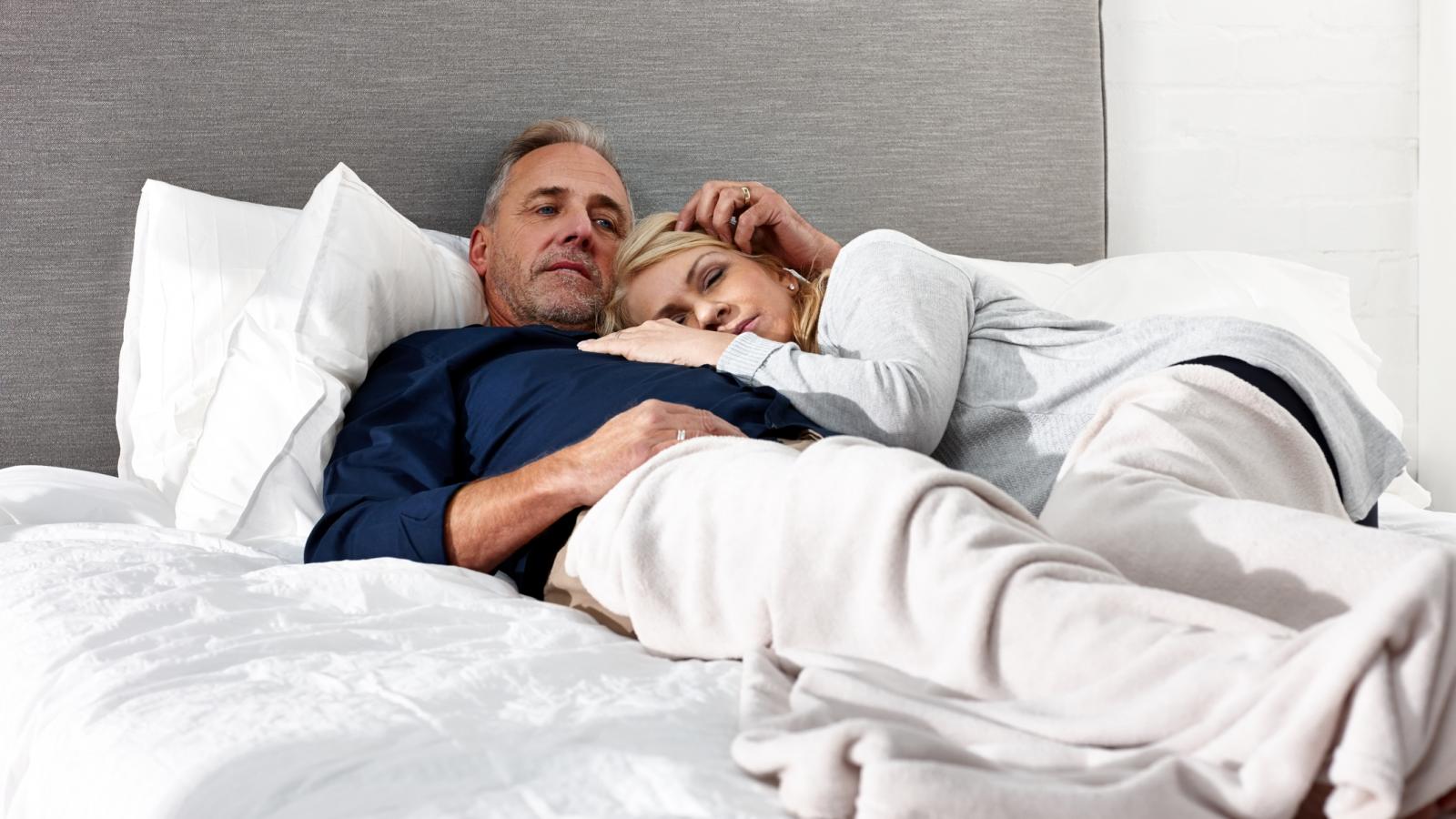After treatment for uterine (womb) cancer

What follow-up do I need?
No matter what type of cancer treatment you get, you will still need to have regular check-ups once it is over. This is called follow-up.
The follow-up may involve having a physical exam, blood tests and scans.
When to contact your doctor or specialist nurse
If you experience the following 'alert symptoms', contact your doctor or specialist nurse
- Vaginal bleeding or discharge
- Pain or discomfort in tummy or pelvis
- Pain or discomfort in back or legs
- Swelling in tummy or legs
- Unexplained weight loss
- Unexplained lethargy or tiredness
- Loss of appetite
- New or persistent cough or shortness of breath
If you are between check-ups and have a symptom or problem that is worrying you, call your doctor or specialist nurse for advice or to make an appointment, if necessary.
If you become suddenly unwell and can’t contact your specialist nurse or hospital team, go to your GP or the emergency department at the hospital.
Feelings after treatment
It can take some time to come to terms with a cancer diagnosis, even after your treatment has ended. Read about feelings after treatment and where to get support.
Living a healthy lifestyle
It's important to look after yourself after a cancer diagnosis. Get some advice on healthy living here.
What if the cancer comes back?
If the cancer comes back in the uterus or somewhere else, you can still have treatment. For example, radiotherapy, chemotherapy or hormone therapy. Or you may be suitable for a clinical trial. You may also have treatment to manage any symptoms from your cancer. This is called symptom control or palliative care.
Why does cancer come back after treatment?
Unfortunately sometimes cancer does come back. This doesn’t mean that you did something wrong or that your first treatment was unsuccessful. Sometimes cancer cells remain in your body and start to grow again, although your doctors do all they can to prevent this.
It is important to understand that sometimes cancer can come back and it is unfortunately out of one’s control.
Coping with a diagnosis of recurrent cancer
It can be hard to cope if you are facing cancer a second time. We have information on where to get emotional support, or you can talk to one of our cancer nurses in confidence by calling our Support Line or by visiting a Daffodil Centre.
For more information
Phone
1800 200 700


